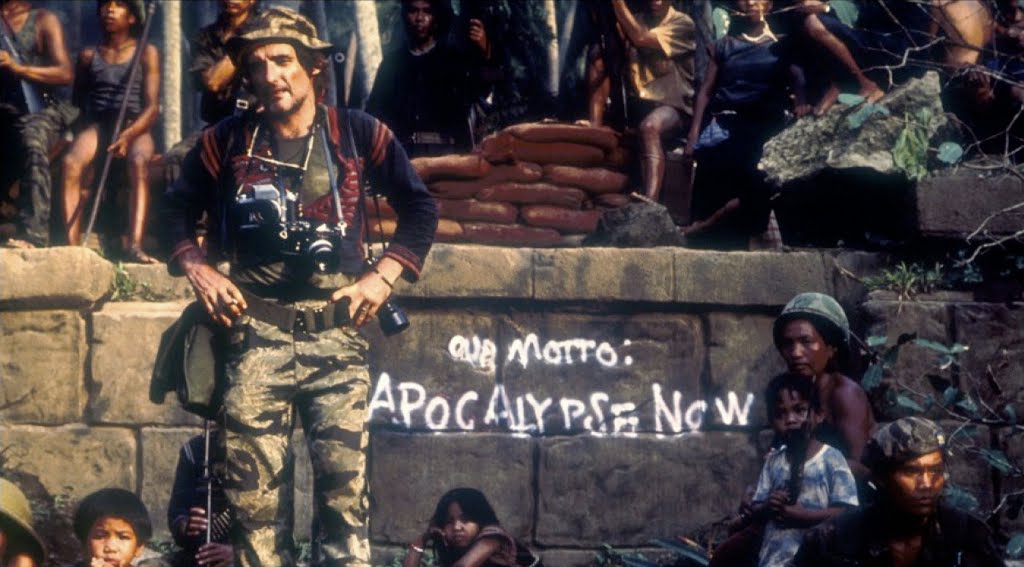The last three days I've been as sick as I've ever been. High fever, constantly rocketing between freezing and sweating, constant coughing, sinus problems, a persistent ache in every joint in my body, and I fell asleep every three hours or so. At some point in this delirium I thought to myself "This is what all those Andrzej Żuławski characters must feel like." No director captured the torment of being alive, the pain of need, the horror of trusting people who hurt you, of having your world turned inside out better than he. The world he depicted was like ours, but colder, stranger and outwardly ruled by insanity. His camera was always breathlessly in thrall to the madness he conjured, a cinematic language he concocted out of soviet modernism, neorealism and 50s sci-fi, all of which made it to his native Poland as it was recovering from the horrors of the second world war (he was born in 1940, and was only 5 when the Nazis wrecked as much of Poland as they could during their retreat). In his adolescence he moved to France to study film, then returned home to make movies.
His second film, Diabel, is one of the best films about fascism ever made, the way man can be trapped by his feelings and convinced to do terrible things. It was banned in Poland, and his next effort to make a film in Poland, the post-punk masterpiece On The Silver Globe, was shut down by Polish authorities and had something like a third of its runtime shorn, replaced in the late 80s with footage of modern streets while voiceover explained what had happened in the missing reels. It may be 'lost' or 'incomplete' but it's deeply harrowing and absolutely thrilling. He'd spend the next two decades after losing Silver Globe making intense, dark relationship dramas that'd split the difference between psychosexual games and sci-fi. He's best remembered for Possession, about a woman stepping out on her husband with a squid, one of the most painful movies about divorce and domestic violence ever made. It feels burned onto every frame, created through agony and isolation, a scream from someone who'd lost the ability to speak. He made several films with his partner and muse Sophie Marceau (the two had a son named Vincent before splitting in 2001) including the the Dostoyevsky adaptation L'Amour Braque and the Marie-Madeleine Pioche de La Vergne adaptation Fidelity. His final film Cosmos is due stateside any time and I have little doubt it'll be as scorchingly intimate, angry and inventive as everything this great man put his signature on. He captured what it felt like to have the word 'victim' hang over your head, to feel everyone staring at you, knowing something about you is corrupted or different. There will never be another like him.
